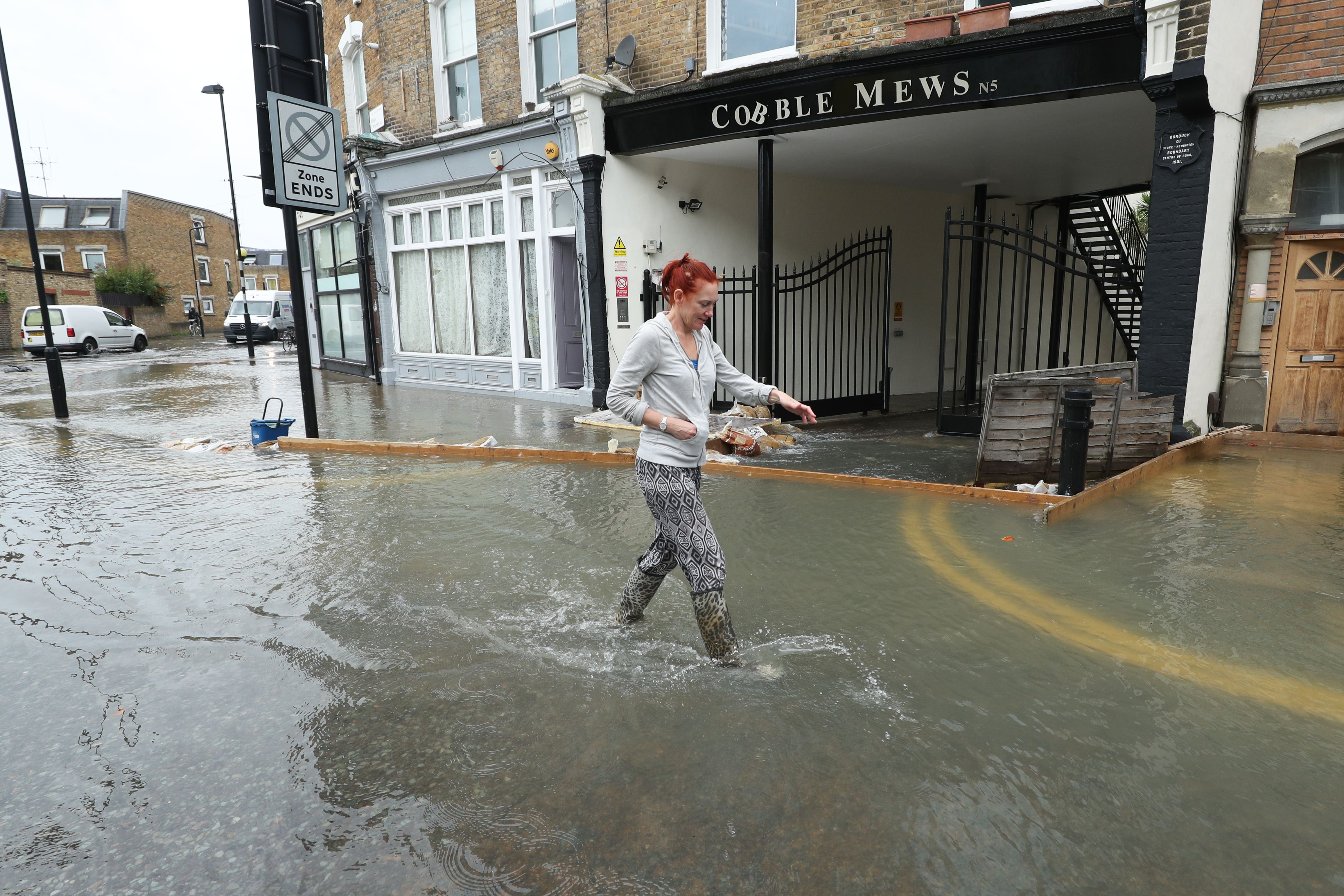When will the UK heatwave end? Met Office gives fresh update
Wildfire risk raised to ‘very high’ and taps run dry as heatwave continues


Parts of the UK are currently in the grip of a heatwave with taps running dry in schools and the risk of wildfires soaring higher as even hotter conditions are expected ahead.
The hot spell, which began over the weekend, exceeded the criteria for a heatwave as temperatures have remained close to 30C in many regions for three consecutive days.
With higher temperatures, the wildfire risk has been raised to “very high” over large parts of England and Wales.
The Met Office fire severity index showed the heatwave and dry weather leading to create ideal conditions for wildfires that are expected to last for the rest of the week.
The definition of a heatwave by the Met Office requires three consecutive days with daily maximum temperatures reaching or exceeding the designated heatwave temperature threshold.
This threshold, however, varies across different regions. In Northern Ireland, Scotland, Wales, Northern England and South West England, the threshold is set at 25C, while parts of South East England have a threshold of 28C.
The last few days have seen heatwaves leading to taps running dry in parts of southeast England as schools were forced to shut and residents were urged to use water only for “essential purposes”.
The Rotherfield primary school in Crowborough, East Sussex remained shut from Monday to Wednesday as headteacher Kate Bishop said only a little water was “dribbling through” the taps, Sky News reported.
On Thursday again, Britons can experience “plenty of prolonged sunshine” after early clouds clear. The day is largely expected to be dry and settled.
However, the forecaster says the weather can take a turn this weekend, with continuing heat bringing more humidity by the end of the week and an increased chance of thunderstorms.
The highest temperature is expected to be 29C in the south and central parts while large parts of the country can expect it in the mid-20s.
The Met Office has extended the heat-health alert until next week as the forecaster predicts hotter conditions to continue and, with the arrival of humid air, thunderstorms are expected to accompany the heat.
This week has so far remained hot and wet, with temperatures reaching a sweltering 30.7C in Porthmadog, Wales on Tuesday and 29.8C in Wiggonholt on Wednesday. The highest temperature recorded in England this year occurred at Chertsey Water Works in Surrey on Saturday, reaching a scorching 32.2C.
Apart from hot weather, heavy rainfall has also lashed the UK in recent days, resulting in flooding in the Golders Green area of North West London. Several vehicles faced difficulties navigating the waterlogged streets.

Looking ahead, the Met Office's long-range forecast predicts continued hot weather accompanied by thunderstorms.
This summer in the UK is expected to be hotter than normal, though temperatures aren’t yet forecast to break last year’s record-setting levels.
Early signs suggested higher-than-average heat was likely to occur in the UK and across Southern Europe for the rest of the month and the beginning of July, according to climate scientists from the Met Office and the bloc’s Earth observation agency Copernicus.
Britain baked in scorching heat last July, with temperatures hitting an unprecedented 40.2C in London and setting off fires across the city.
Scientific evidence shows heatwaves are becoming more frequent and extreme due to human-induced climate crisis.
With global temperatures having risen by approximately 1.2C since the beginning of the industrial era, further increases are expected unless significant emission reductions are implemented by governments worldwide.
Join our commenting forum
Join thought-provoking conversations, follow other Independent readers and see their replies
Comments





Bookmark popover
Removed from bookmarks